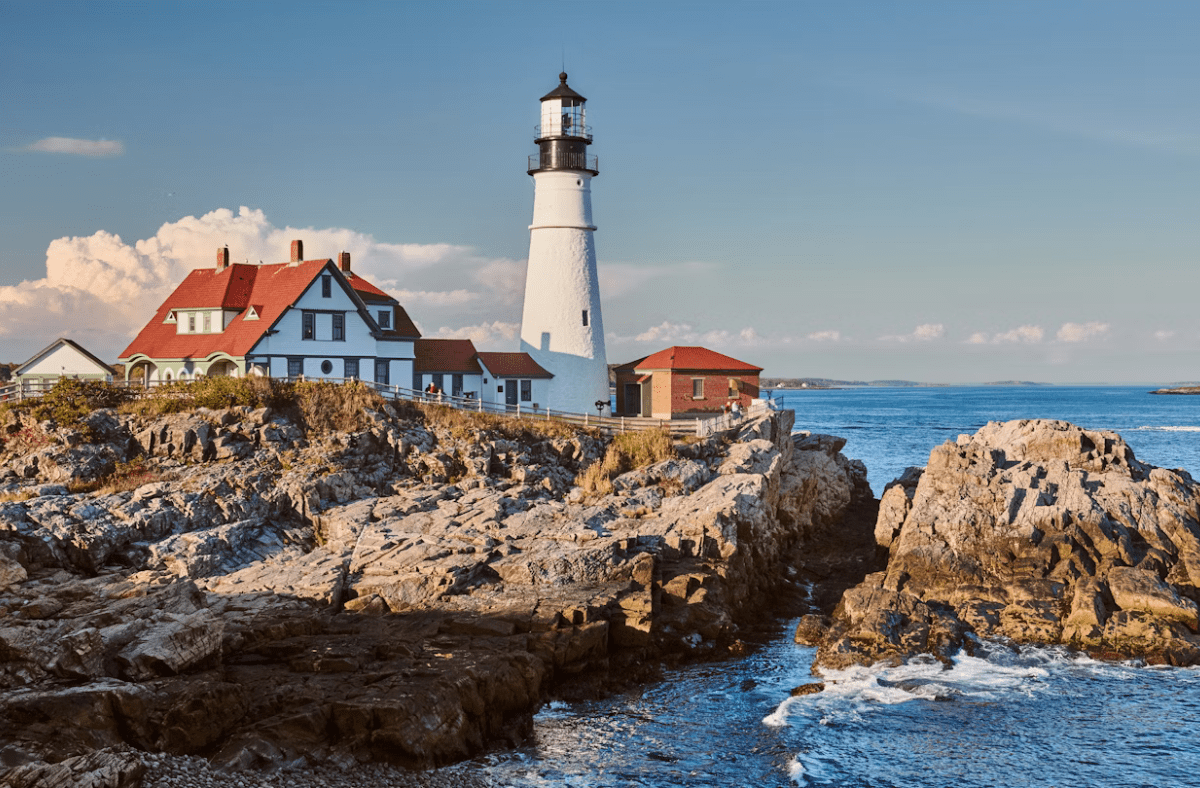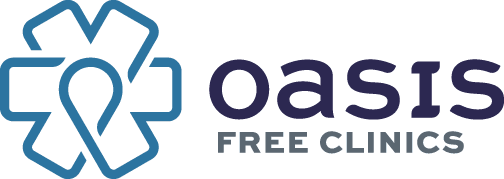
By Brooke McNaughton, Oasis Free Clinics Board of Directors
For me, summer brings relief. Relief from snowstorms, from power outages, from dark days and frigid temperatures. This summer feels a little different, and it’s not just the endless weekend rain. It’s heavier, more uncertain.
The war crimes in Gaza, the homegrown attacks on free speech, the general malaise of humankind all seem to permeate the air like a suffocating humidity. I find myself feeling almost hopeless, repeating a refrain I hear rather frequently: what can I do?
Rights are being dismantled. What can I do? Elected officials are being shot. What can I do? Children are dying en masse. What can I possibly do?
I’ve long believed that individual action sits at the intersection of policy, purchase, and protest. Vote for leaders and laws you support, spend money in line with your values, and peaceably protest. That sweet spot, where all three overlap, is where change can begin. While I still support these threefold actions, I’ve been thinking a lot more about how more power might come from a different approach, one less aligned with traditional American individualism.
This shift in perspective occurred to me when I recently returned to a poem that always steadies me in stormy weather:
The Peace of Wild Things, by Wendell Berry
When despair for the world grows in me
and I wake in the night at the least sound
in fear of what my life and my children’s lives may be,
I go and lie down where the wood drake
rests in his beauty on the water, and the great heron feeds.
I come into the peace of wild things
who do not tax their lives with forethought
of grief. I come into the presence of still water.
And I feel above me the day-blind stars
waiting with their light. For a time
I rest in the grace of the world, and am free.
Admittedly, I’d been resisting Berry’s advice. It almost feels too arrogant, too privileged to take a moment of peace when there is Work To Be Done.
While weeding in my garden this week, however, the peace found me anyway. I noticed the new clematis I’ve been nurturing all spring finally unveiled its first stelliform blossom, as paper thin as a butterfly’s wing, a marriage of ivory with feathering whispers of the faintest purple. The sight of this bloom was welcome, as I’ve spent the last three years trying and failing to grow tomatoes and sunflowers in my shaded backyard.
This last year, however, I decided to finally invest in a garden built for where I live. It was easy enough to plant hosta and bleeding heart and heuchera, but I still wanted a showstopper plant that wouldn’t break my heart. I spent months researching the best options for my home and skill level. I finally found a local nursery that specializes in “Clematis for the Frozen North,” and knew I found my key to using my resources wisely in the space I have.
The sight of this shade-loving flower, this day-blind star, successfully interrupted my despair. It not only connected me to the peace of wild things: the musty, welcoming scent of earth, the resonant trails of bird song; but it also served as a powerful reminder of investment.
Just the night before I’d been at a meeting for Oasis Free Clinics, where I serve on the Board of Directors. We celebrated an incredible success story: a patient was able to stay both sober and employed for over a year for the first time in a decade. While this accomplishment belongs to the patient, the efforts weren’t only individual; it reflects a sort of social capital that, according to political scientist Robert Putnam, relies on networks of relationships and resources made available through social connections. In other words: community. Oasis Free Clinics provided more than healthcare, it offered him a home base. Oasis offered a steady reminder that we are always here, and we will provide you with resources and connectedness and hope. We will invest in you as a part of our community.
It’s a laudable idea — that of community – but one that can be starkly unavailable — even in the best of times. In fact, in “A Paradise Built in Hell,” historian and activist Rebecca Solnit argues that community is strongest and most adept in the aftermath of disaster. During crisis, people often discover joy, purpose, and belonging, not because of the disaster, but despite it.
Solnit goes on to suggest that the greater challenge is not surviving crisis but learning how to recover that same closeness in calmer climates. “The recovery of this purpose and closeness without crisis or pressure,” she writes, “is the great contemporary task of being human.”
Perhaps, then, it’s fair to ask “what can I do” in response to crisis, and it’s valuable to check in with the peace of wild things when overwhelmed. But, the undercurrent to it all is a significant shift from traditional American individualism: to ask, again and again, “How can I invest in my community?” In addition to the intersection of policy, purchase, and protest, we can add play groups, coffee dates, volunteering, donations, garden tours, checking on neighbors, and accepting help. At Oasis Free Clinics, our investment looks like no-cost, medical, dental, eye, and mental health services to uninsured adults ages 18-64 in Midcoast Maine. We’d love for you to be a part of our community.
Even with targeted efforts, it’s likely there will always be despair for the world. It’s likely we won’t always get to see the fruits of our labors. However, by making the daily choice to show up for ourselves, to support our neighbors, and to actively hope in tomorrow, we are tending to what we can. In so doing, we give space for something beautiful and resilient to take root and to grow, even from the darkest of shadows.
Oasis Free Clinics is a nonprofit, no-cost primary care medical practice and dental clinic, providing patient-centered care to uninsured members of our community. For more information, call (207)721-9277 or visit OasisFreeClinics.org

Recent Comments